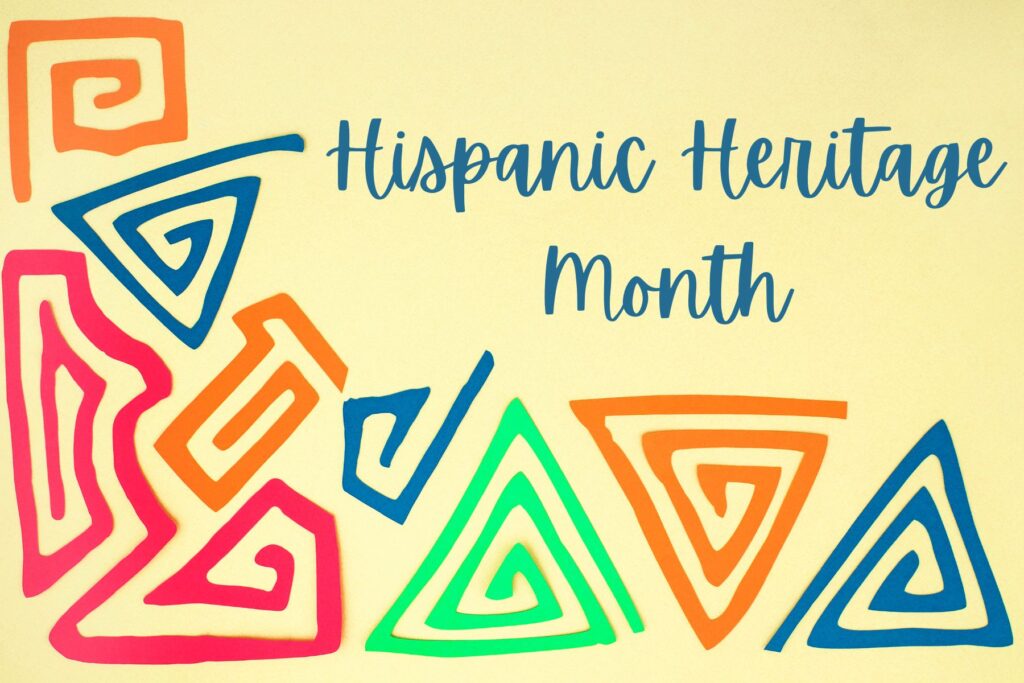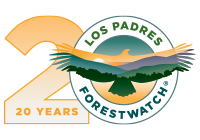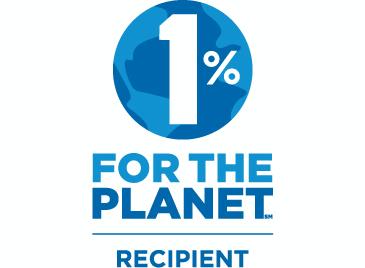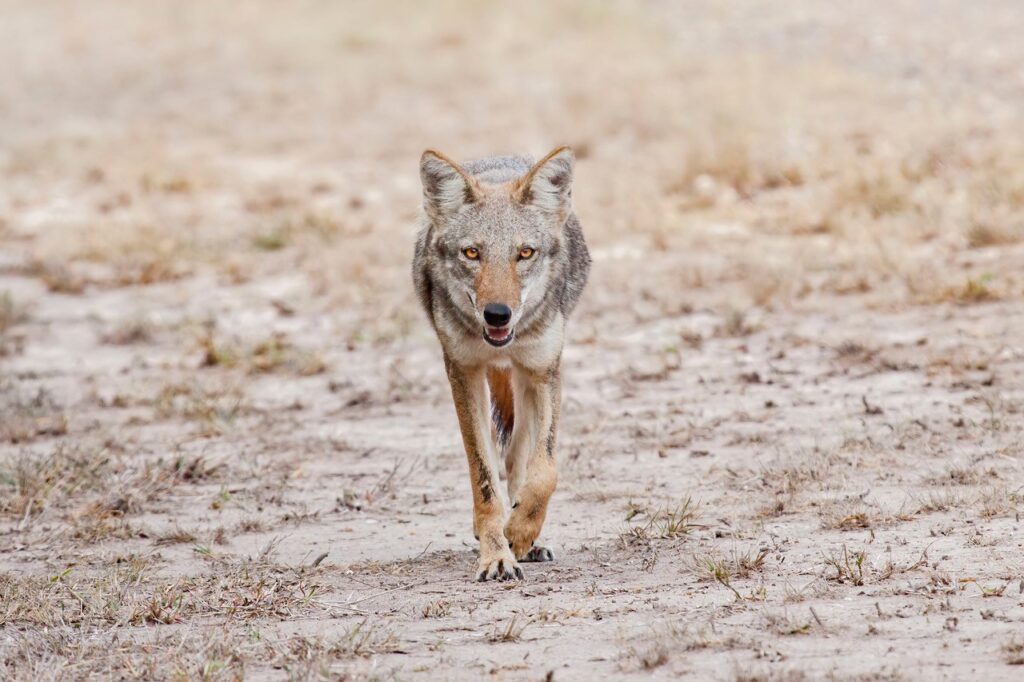
Today, people of Latin American and/or Spanish heritage use various terms interchangeably, such as Hispanic, Latino, Latine, Latinx, Indigenous, and more to identify themselves. For clarity during Hispanic Heritage Month, we’ll use the term “Hispanic” in this post recognizing that one term cannot and does not capture all identities with integrity.
Hispanics have made significant contributions to conservation efforts in various ways. These contributions are diverse and impactful, reflecting the community’s dedication to protecting the environment and natural resources.
In California, Latinos and Hispanics have been actively involved in advocating for the protection of various monuments and protected areas. Some examples of monuments and protected areas where their advocacy efforts have been significant include: Cesar E. Chavez National Monument, Central Coast Heritage Protection Act, San Gabriel Mountains National Monument, and the Revitalization of the Los Angeles River.
Latino and Hispanic conservationists have supported and pushed for legislation aimed at protecting endangered species, such as the efforts to conserve the monarch butterfly, which migrates between the United States and Mexico. Conservation policies and programs for migratory species often involve collaboration between nations.
In January 2021, President Joe Biden signed an executive order on environmental justice, which directed federal agencies to address environmental and climate justice issues more proactively. This was a direct response to the advocacy of environmental activists, many of whom are from marginalized communities, including the Latino and Hispanic communities.
These are just a few examples of policy outcomes influenced by Latino and Hispanic-led environmental advocacy. Such advocacy has contributed to more comprehensive and equitable environmental policies at local, state, and national levels, as well as on the international stage.
Please join us in celebrating Hispanic Heritage Month by learning more about the groups and organizations below. The list is by no means complete, but is a resource for some of the Hispanic-led groups and organizations engaged in conservation and environmental work:
Azul: This group brings Latinx perspectives and participation to ocean conservation, coastal resources, and marine life. Their campaigns include Deja el Plástico, to reduce plastic pollution in California; Latinos Marinos, which recruits Latinos activists to lobby California legislative offices on behalf of the marine environment; and Vamos a la Playa, which encourages Latinx families to enjoy outdoor experiences through beach access.
Corazón Latino: Corazón Latino is a national nonprofit that seeks to generate social, environmental, and conservation initiatives fostering natural resource stewardship. They work with two approaches: youth engagement programs and culturally relevant campaigns to engage diverse communities in grassroots action.
HECHO: Hispanics Enjoying Camping, Hunting, and the Outdoors (HECHO) provides a platform for Latinos to contribute to public land conservation with an emphasis on access for recreational and traditional cultural activities. They also work to strengthen Hispanic participation in public lands decision-making.
Hispanic Access Foundation: This organization focuses on promoting conservation and outdoor engagement within the Hispanic community.
Green For All: Founded by environmental justice advocate Van Jones, this organization works on equity and environmental justice issues that affect low-income communities and communities of color, including Hispanic communities.
GreenLatinos: A national coalition of Latino environmental and conservation advocates that works to engage and mobilize Latino leaders.
Hispanic Federation: This organization offers environmental education programs and outreach initiatives within Latino communities.
Latino Outdoors: a national organization focused on expanding and amplifying the Latino experience in the outdoors through recreation, conservation, and environmental education programs.
League of United Latin American Citizens (LULAC): Through partnerships with community organizations, LULAC has been a key ally in advocating for environmental sustainability and clean energy at the local, state, and national level.
Mi Familia Vota: While primarily focused on voter engagement, this organization also advocates for environmental policies that benefit the Latino community.
Sachamama: Works to build support for a clean energy economy for all, and offers a 7-week accredited climate curriculum in communities across the country. Their Latinos por la Tierra campaign aims to bring climate change to the forefront of mainstream conversations.
Visit La Madre Tierra for a longer list of Latino-led and Latino Serving organizations working in this sector.







Comments are closed.